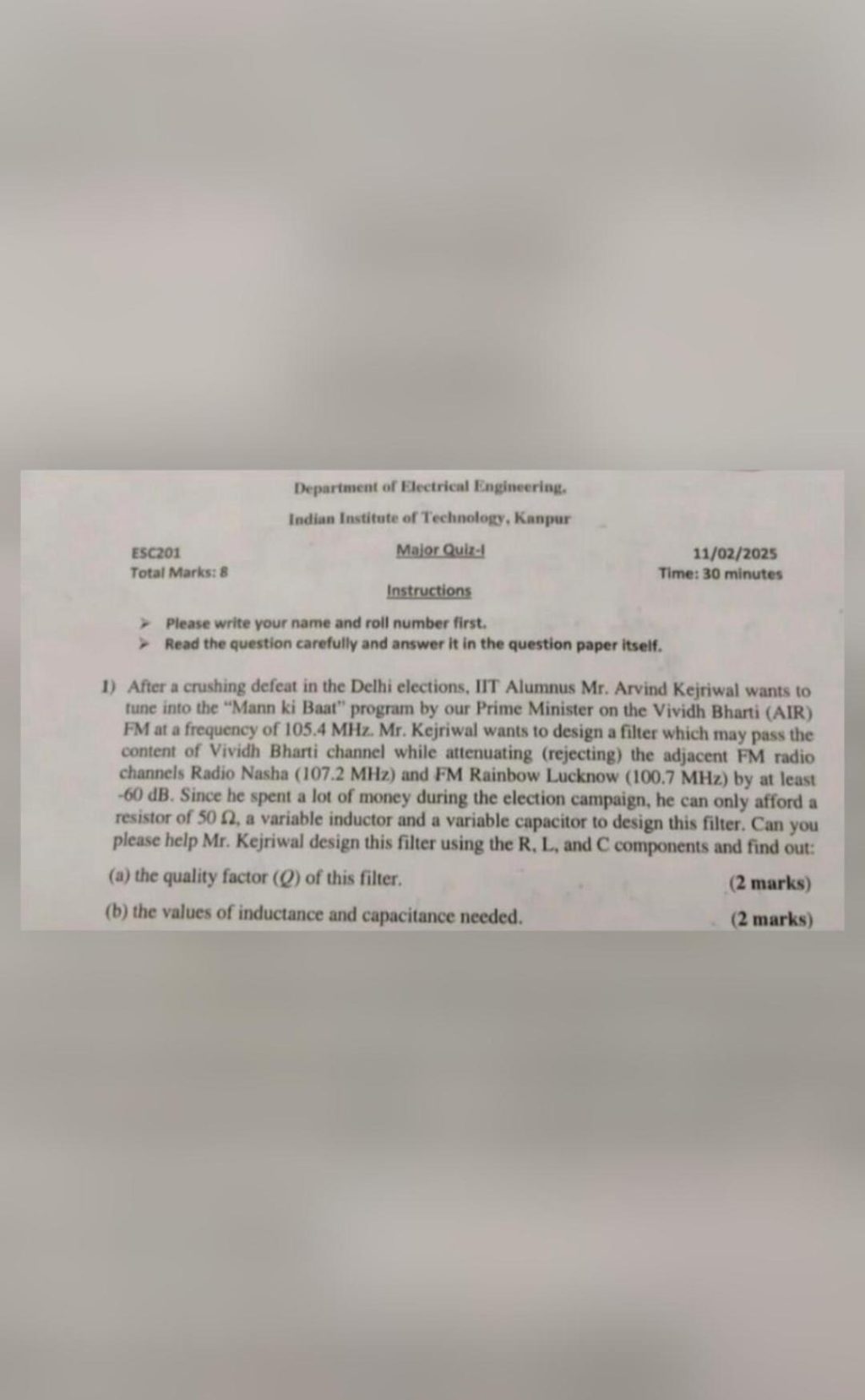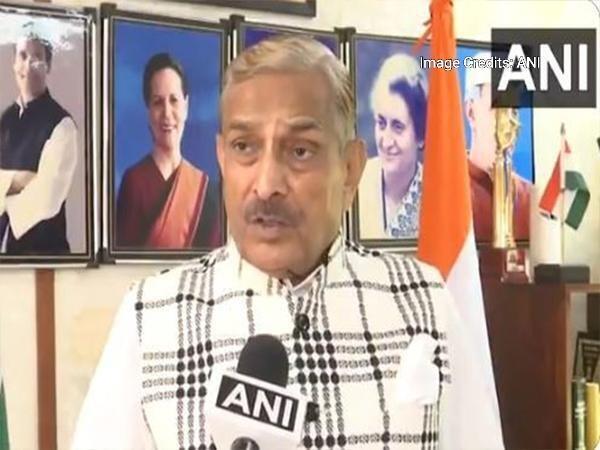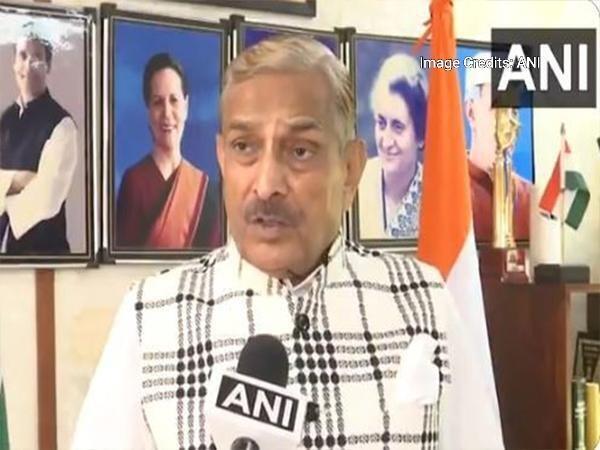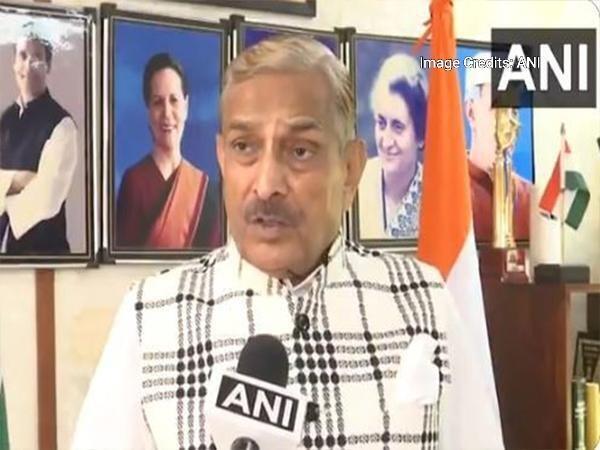
Wanted Exam to be More Engaging: IIT Kanpur on ‘Kejriwal & Mann Ki Baat’ Question
In a shocking incident, a question paper from IIT Kanpur has gone viral on social media, leaving many stunned and amused. The question asked students to design a filter for Arvind Kejriwal, the Chief Minister of Delhi, to help him listen to Prime Minister Narendra Modi’s ‘Mann Ki Baat’ radio program after his Delhi poll loss. The question was part of a mechanical engineering paper, and it is said that the professor who drafted the paper likes to use references to well-known personalities to make exam questions more engaging.
The question read: “Design a filter which can help Shri Arvind Kejriwal, the Chief Minister of Delhi, to tune into ‘Mann Ki Baat’ program of Shri Narendra Modi, the Prime Minister of India, after his recent poll loss in Delhi.” The question was met with widespread criticism and ridicule on social media, with many calling it “silly” and “irrelevant”.
However, IIT Kanpur has confirmed that the question was indeed part of the exam paper and was not a joke or a prank gone wrong. In a statement, the institute said that the professor who drafted the paper likes to use references to well-known personalities to make exam questions more engaging. The institute also clarified that the question was meant to test the students’ creativity and problem-solving skills, rather than their knowledge of politics or current events.
The question, which has been widely shared on social media, has sparked a debate on the effectiveness of using real-life references to make exam questions more engaging. While some have praised the professor for his creativity and ability to think outside the box, others have criticized the question for being irrelevant and distracting.
So, is it a good idea to use real-life references to make exam questions more engaging? The answer is a resounding maybe. While it can be effective in grabbing students’ attention and encouraging them to think creatively, it can also be distracting and irrelevant to the topic at hand.
There is a fine line between making exam questions more engaging and making them too distracting. Students are already under a lot of pressure to perform well on exams, and adding unnecessary complexity or irrelevance to the questions can only make things worse.
Moreover, using real-life references can be a double-edged sword. On the one hand, it can make the exam questions more relevant and interesting to students. On the other hand, it can also be seen as biased or unfair, especially if the references are not well-known or are too specific to a particular region or culture.
In conclusion, while the question from IIT Kanpur may have been meant to be engaging and creative, it has ultimately fallen flat. The question was met with widespread criticism and ridicule, and it is unlikely to be used in any future exams.
As educators, it is our responsibility to ensure that our exam questions are fair, relevant, and engaging. While using real-life references can be effective, it is crucial to strike a balance between creativity and relevance. After all, the goal of an exam is to test students’ knowledge and skills, not to distract them with irrelevant information.
The incident also raises important questions about the role of politics in education. Should exam questions be allowed to reference current events or political figures? Is it fair to expect students to be knowledgeable about politics or current events, or should exams focus solely on academic subjects?
These are questions that educators and policymakers will need to grapple with in the coming days. For now, it is clear that the question from IIT Kanpur has sparked a much-needed debate about the role of politics in education and the importance of making exam questions more engaging and relevant.






